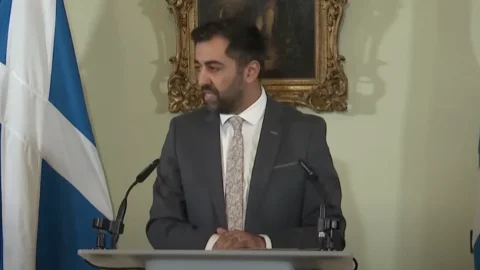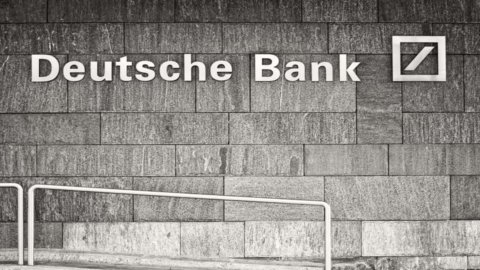This is not the end of Apple but the closure of an important chapter in the history of technology. This definitely yes. When a legend goes, an era ends. But then you look forward and start over. And perhaps even better, if you are able to put the experience learned to good use. According to Steve Jobs, Tim Cook, the candidate to be the next CEO, can do it. But the markets don't seem to feel the same way as Apple stock plunged more than 7% in post-market trading. Now we have to wait for the opening of Wall Street to quantify the damage of the announcement of the resignation of the number one in Cupertino.
Tim Cook, a graduate in industrial engineering, worked for 12 years at IBM. He then became vice president of industrial materials at Compaq until 1998, when he was hired by the Apple company. His major contribution to Apple was to lighten the burden of production, outsourcing it for several stages. But the direct designation by Steve Jobs is probably the best guarantee we can have on Cook.
The two share a great passion for technology, a strong determination and instinct. Many had advised Cook against leaving Compaq to go to work for Apple. Yet he said: "I followed my instincts and it was the best decision of my life."
In the same way, following his passions, Jobs has acted throughout his life. He enrolled in university because his adoptive parents had promised him to his natural mother, but after a few years he abandoned her to follow courses that seemed more interesting to him. And one could already understand the rational and fully optimistic nature of a man who not only manages to see the glass half full in every situation, but who draws important lessons from obstacles. He studied calligraphy.
“If I hadn't dropped out of school – he declared in his famous speech given at Stanford University – the Mac would not have had characters of different types and fonts with proportional spacing. And if Windows hadn't copied the Mac, no personal computer would have them now." And in the same spirit, he faced his firing from Apple in 1985. "I couldn't see it at the time, but it turned out that getting fired from Apple was the best thing that could have happened to me." In the meantime he founded Next and Pixar, which became giants in their respective sectors. Until 1996 when he returned to his company, which he had founded 25 years earlier in his parents' garage. And he was able to raise it and make it, for a few days, the first company on the Stock Exchange by capitalization.
Jobs was a revolutionary. In recent years, the iPhone and iPad have changed people's habits and marked the path for the next technological innovations. Brilliance cannot be learned, not even by living in close contact with a myth. But surely Cook must have good skills to have convinced the big boss of his ability. They share the instinct, the competitive action to achieve what they love in life, not for ego or money. Jobs continues to look ahead and in his resignation letter wrote: "I think the best and most innovative days lie ahead for Apple." So far his instinct has never betrayed him.





